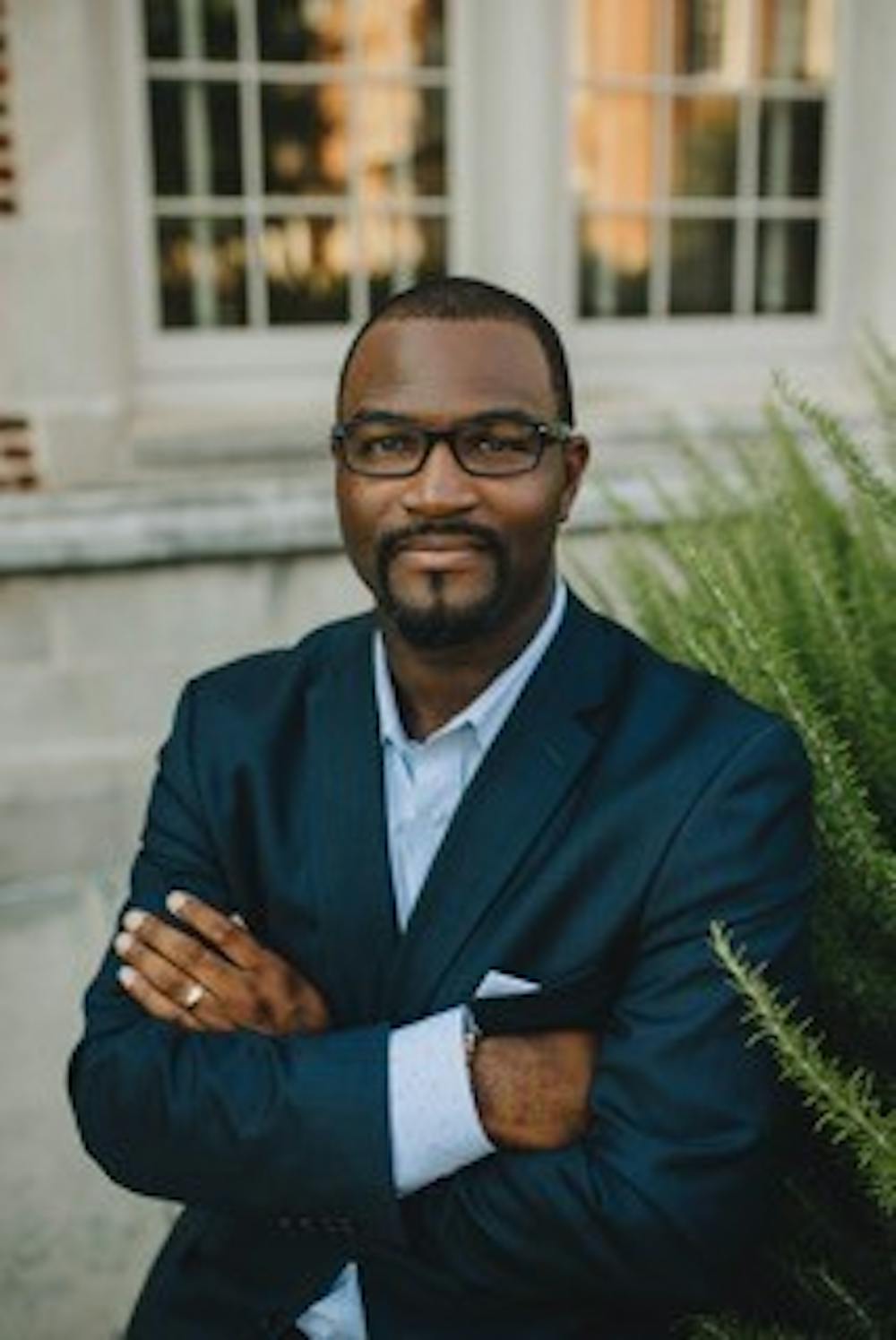A UNC graduate will unpack the role of economics in the civil rights movement and its impact on the African American community at the Museum of Durham History this Friday.
Brandon K. Winford will be leading a discussion about his recently published book, “John Hervey Wheeler, Black Banking and the Economic Struggle for Civil Rights” at the museum on Friday, Feb. 7 from 6 to 8 p.m.
The book talk is a part of the museum’s “A Creative Protest: MLK Comes to Durham" exhibit. Winford is also doing book talks at North Carolina Central University on Feb. 6 and Duke University School of Law on Feb. 10.
In his book, Winford uses Black business and civil rights history to explain the role economic concerns had in shaping the struggle for civil rights for Black Americans.
Winford's book focuses on John Hervey Wheeler — a banker, civil rights lawyer and activist — who Winford said is one of the most important civil rights figures through the 1950s and 60s.
“The book really uses the lens of John Hervey Wheeler's life to really explore the goal and objective of the civil rights movement from an economic perspective,” Winford said. “Looking at how he uses his position as a bank president to navigate his concerns about civil and economic rights.”
Winford is an assistant professor of history at the University of Tennessee, Knoxville. Winford said his research and teaching focuses on late 19th and early 20th century United States and African American history with areas of specialization in African American business history and civil rights history.
Winford received his M.A. and B.A. from North Carolina Central University, where he was taught by Jerry Gershenhorn and Carlton Wilson, who are on the Board of Directors at the Museum of Durham History.
“In 1947, he (Wheeler) graduated from North Carolina College, as NCCU was called back then," Gershenhorn said. "He wanted to become a lawyer because he wanted to use a law degree in the struggle for civil rights, in particular improving Black educational opportunities and fighting for integration of education."



